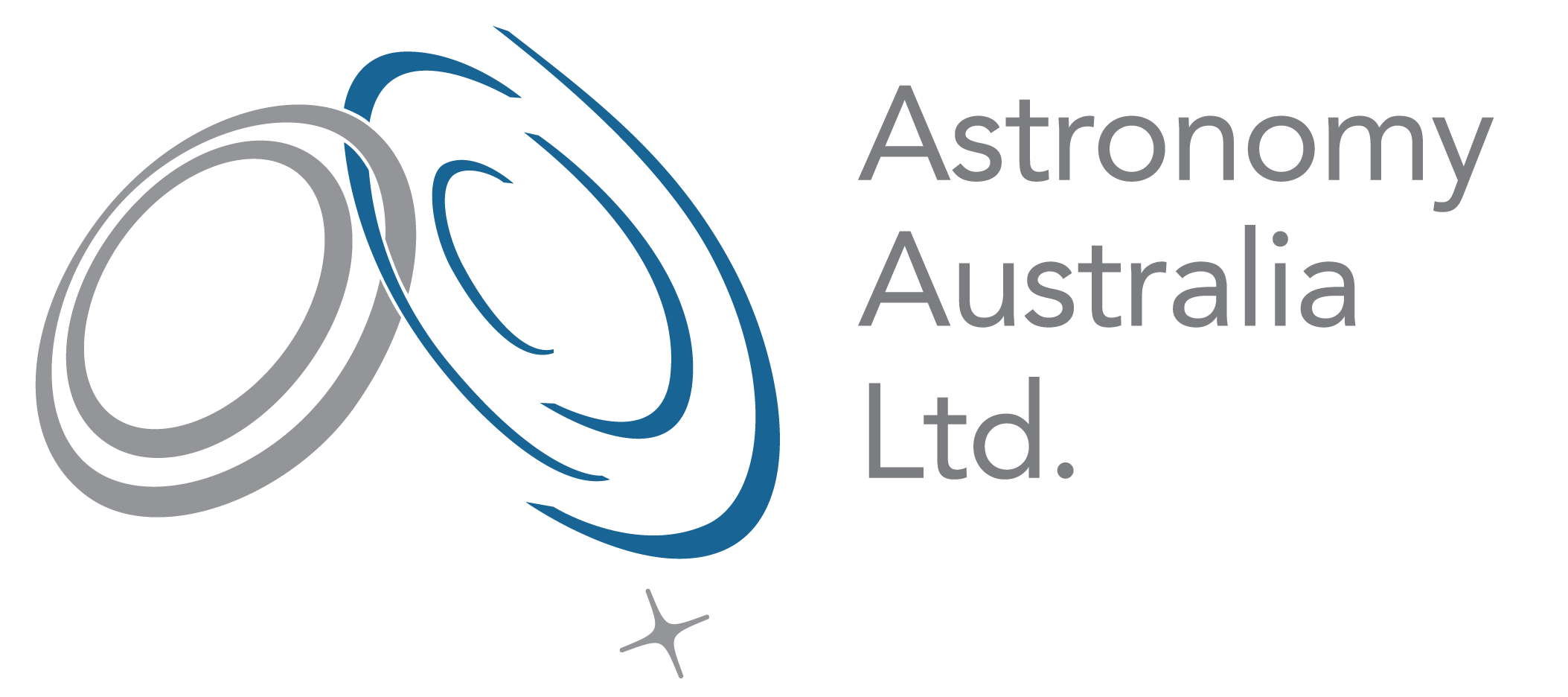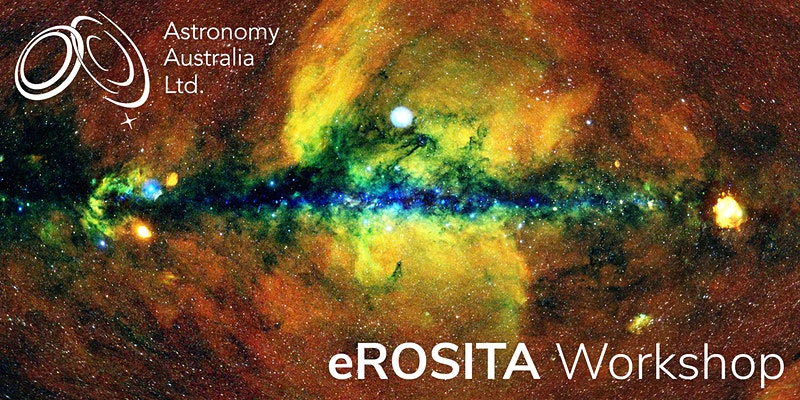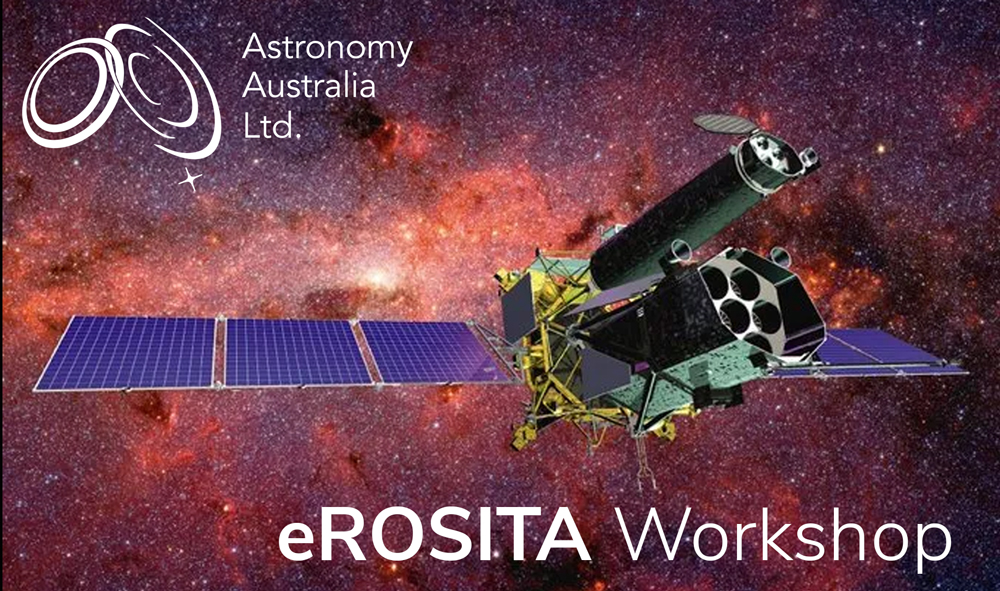Astronomy Australia Ltd (AAL) is seeking a seasoned finance professional with a passion for excellence in the not-for-profit sector.
Working as the sole qualified accountant (CA/CPA) within a small team environment, the Finance Manager handles all day-to-day financial operations, including: budgeting, payroll, financial reporting and the annual audit. The ideal candidate will have experience managing the financial aspects of government grants and contracts with detailed reporting requirements.
AAL is a not-for-profit company whose members include all Australian universities and research organisations with a significant astronomical research capability.
The role is permanent part-time (0.7 FTE), based at AAL’s Melbourne office, located alongside the Centre for Astrophysics and Supercomputing at Swinburne University of Technology, Hawthorn Campus. An immediate start is preferred. AAL offers relaxed, flexible, family-friendly work arrangements and supports a hybrid working model. Please see the position description for more information, selection criteria and how to apply.
The closing date for applications is 9:00 am AEDT on 24 October 2024. All enquiries should be sent to the Director of Administration, Catherine Andrews: [email protected].
AAL asks that you please circulate this advertisement around your academic and professional networks and at any upcoming conferences, seminars or events.


